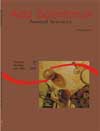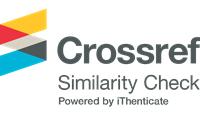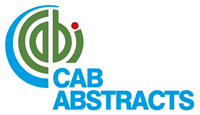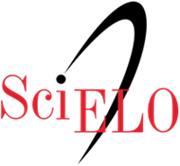<b>Exigência de lisina para suínos em crescimento e terminação, alimentados com rações de baixo teor de proteína, formuladas de acordo com o conceito de proteína ideal</b> - DOI: 10.4025/actascianimsci.v26i4.1760
Resumo
O experimento objetivou determinar a exigência de lisina total em rações com baixo teor de proteína, formuladas de acordo com o conceito de proteína ideal, para suínos em crescimento e terminação (35,1±3,35 a 84,7±7,09kg). Foram utilizados 32 suínos machos castrados, 16 do grupo genético comum (GGC) e 16 do grupo genético melhorado (GGM). Os tratamentos consistiram de quatro dietas (0,75% 0,90% 1,05% e 1,20% de lisina total para o crescimento e 0,60% 0,75% 0,90% e 1,05% para a terminação). Para o GGM, tanto na fase de crescimento como na de terminação, níveis crescentes de lisina levaram à redução do CRD e do GPD, sem, contudo, influenciar a CA. No GGC, o desempenho e o nitrogênio da uréia plasmática não foram influenciados. Os resultados sugerem que a exigência de lisina total para suínos machos castrados, de ambos os grupos genéticos, é 0,75% para o crescimento e 0,60% para a terminação.Downloads
DECLARAÇÃO DE ORIGINALIDADE E DIREITOS AUTORAIS
Declaro que o presente artigo é original, não tendo sido submetido à publicação em qualquer outro periódico nacional ou internacional, quer seja em parte ou em sua totalidade.
Os direitos autorais pertencem exclusivamente aos autores. Os direitos de licenciamento utilizados pelo periódico é a licença Creative Commons Attribution 4.0 (CC BY 4.0): são permitidos o compartilhamento (cópia e distribuição do material em qualqer meio ou formato) e adaptação (remix, transformação e criação de material a partir do conteúdo assim licenciado para quaisquer fins, inclusive comerciais.
Recomenda-se a leitura desse link para maiores informações sobre o tema: fornecimento de créditos e referências de forma correta, entre outros detalhes cruciais para uso adequado do material licenciado.








































